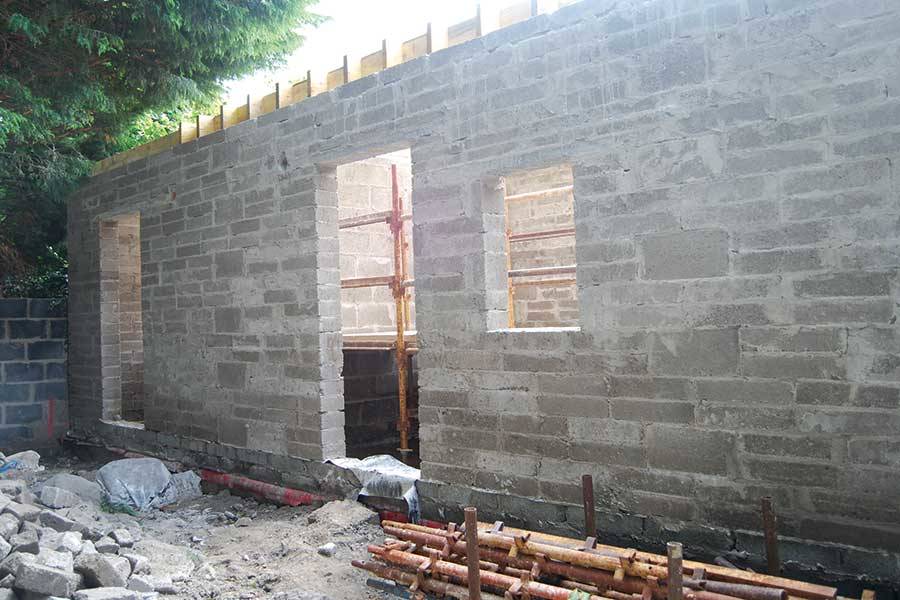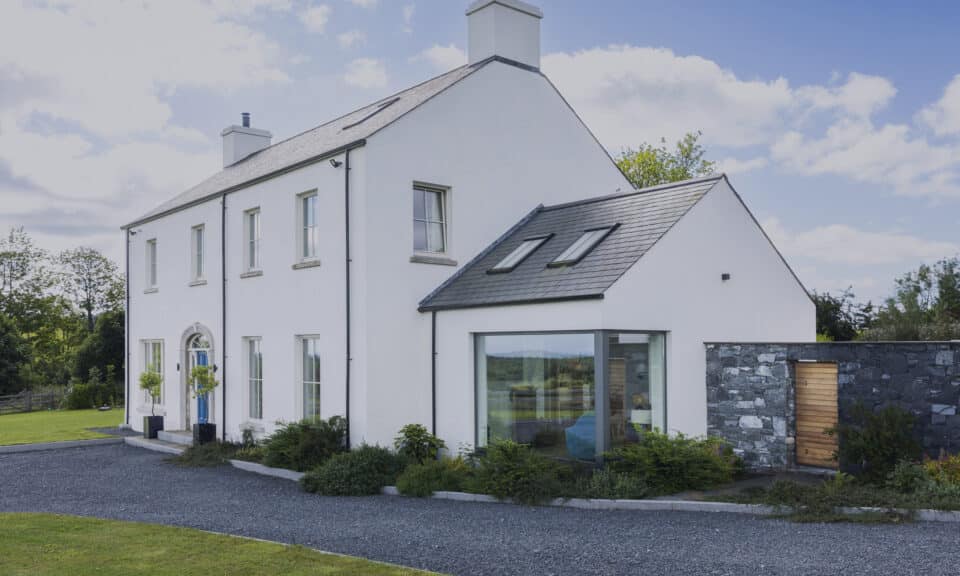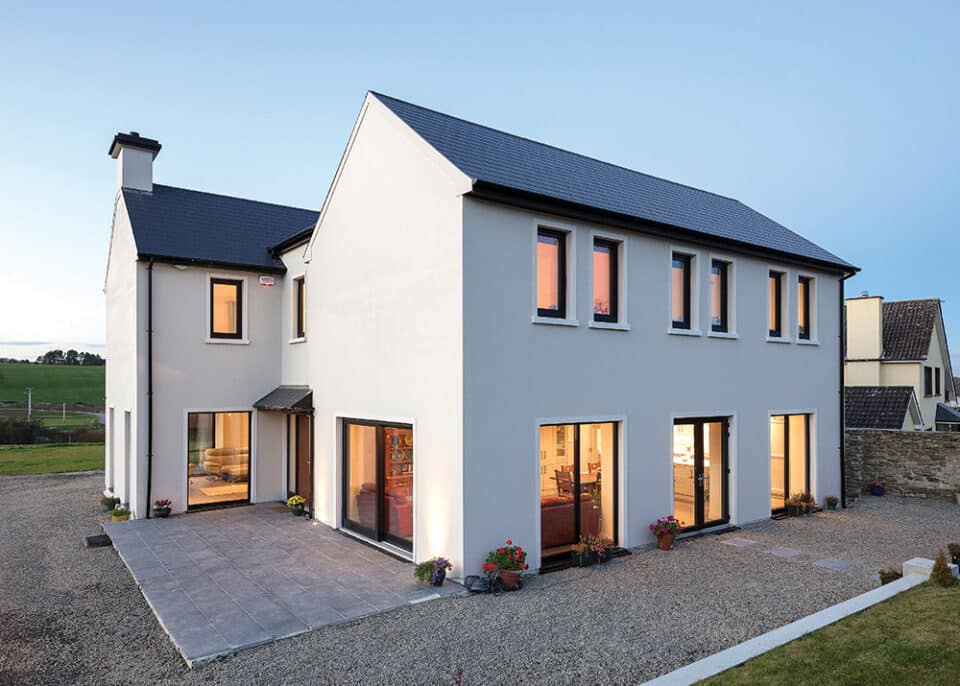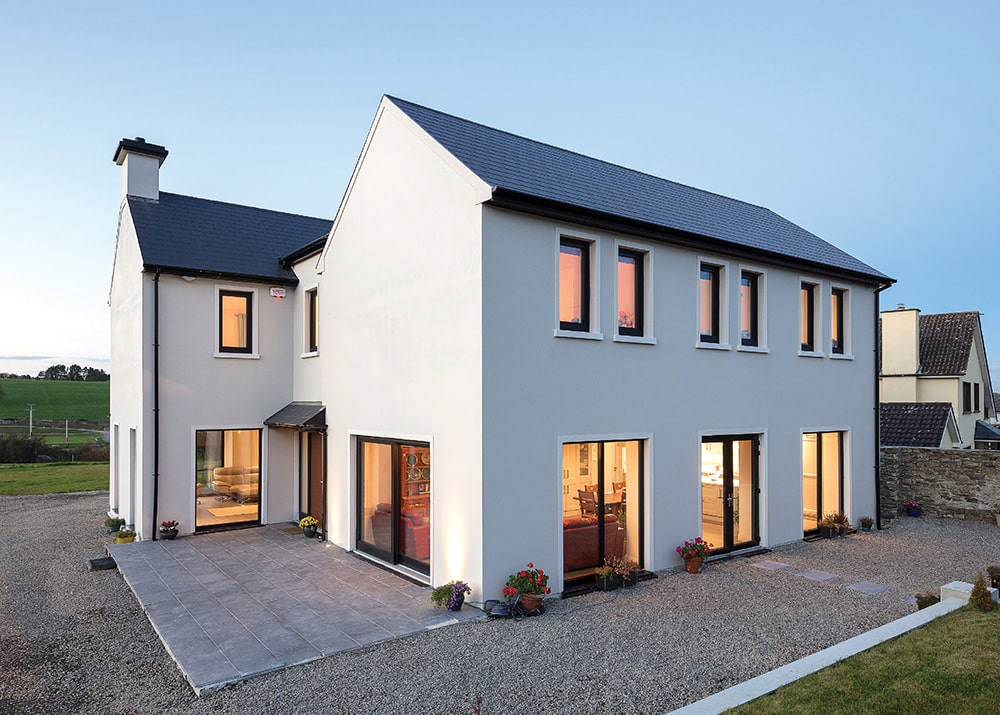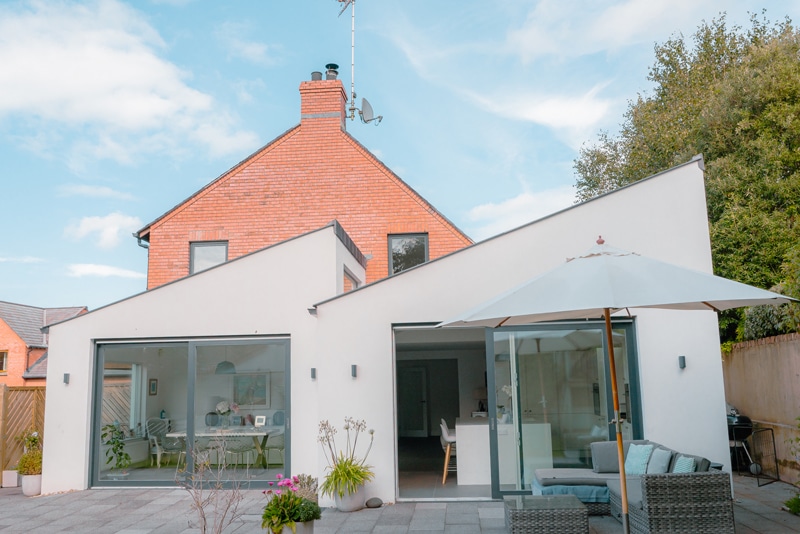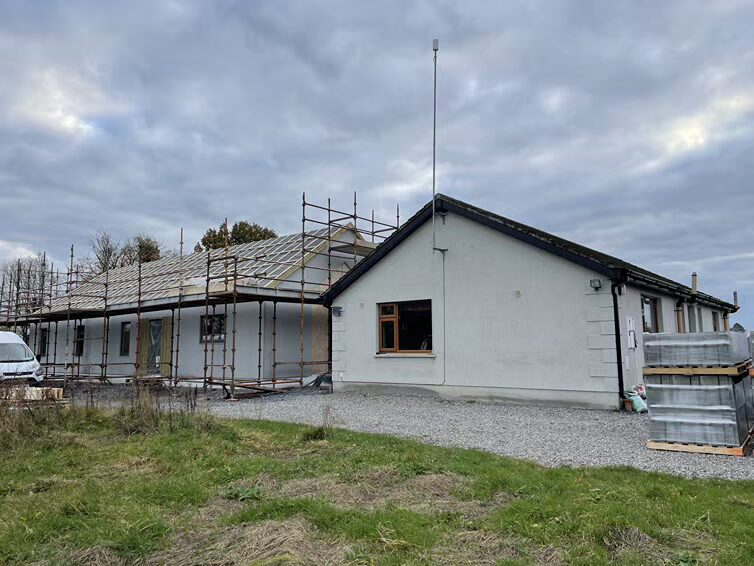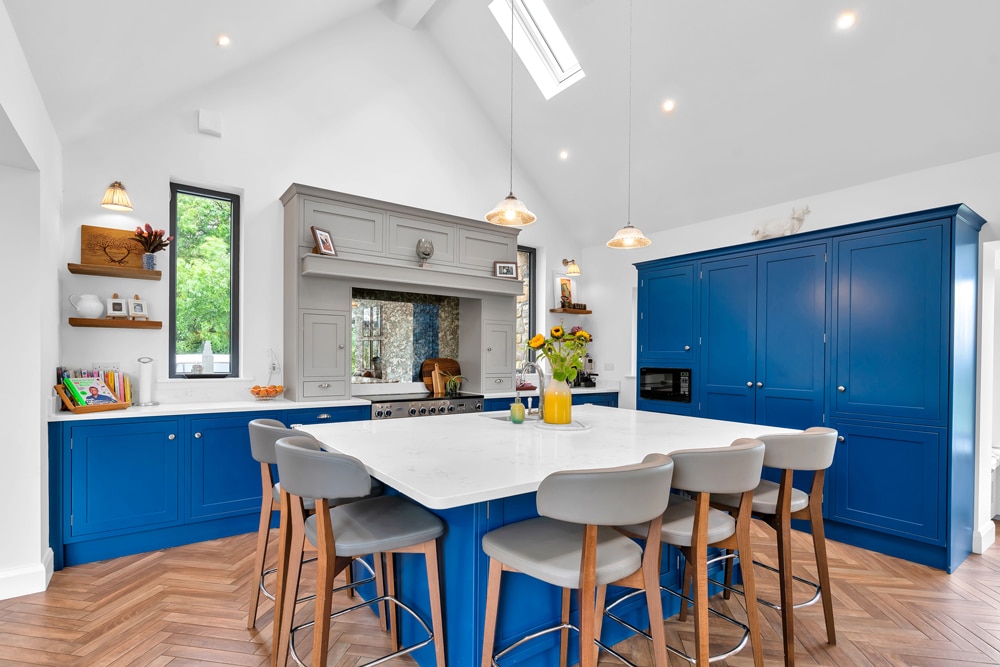In this article we cover:
- Pitfalls to avoid when buying a partially completed house
- Top tips to make the most of your investment
- What you need to check for
It may be tempting to buy what looks like a bargain – an incomplete house, but there are some essential checks you should carry out before you take the plunge.
Following on from our Q&A with the Property Buyers’ Handbook, we thought we’d delve a bit deeper into the intricacies of buying an unfinished house. Here’s what the panel of experts had to say about them – buyer beware!
Carol Tallon: Partially completed houses are in plentiful supply outside of the larger towns and cities at the moment. Unfortunately, most of these are available due to the financial distress of the original builders. This explains why so many have come up through the multi-lot property auctions that have dominated the ROI market since April 2011.
The first thing to do is assess fully the extent and quality of the work carried out so far and ensure same is compliant with all necessary building, safety and planning regulations. Next, with the assistance of a qualified surveyor, list the remaining building works to be carried out and prepare a full costing. Also, estimate a time schedule for completion. All of this should be done prior to purchasing any partially built house as the total cost will be required when working out the true value of the property in its existing state. It is important that the house should be purchased and completed for a sum less than or equal to market value.
One word of caution, many of these properties were started during the boom years and have been left vulnerable to the elements for six or seven years so even work that has been done may need further attention.
Karl Deeter: These are very difficult to finance, banks don’t like them or houses built before 1963. Vandalism or theft of materials (in particular copper pipes and wiring) can be an issue and certification is almost impossible as the new architect can’t be expected to stand over the work of someone else, especially if they’ve gone out of business. It’s a great place for value but not a place for beginners.
Derek Trenaman: Prospective buyers should always take an opportunity to inspect a home before purchasing. If the property is not complete there is unlikely to be any Opinions on Planning and Building Regulation Compliance. It would be advisable to undertake as much due diligence as possible by consulting with Architects and Engineers prior to purchase.
Watch out for properties that are liable for VAT, you might think you’re getting great deal until you add the tax to the price.
Still interested? Then know that there are a few basic things to consider, which we’ve outlined below. The following list is not exhaustive nor professionally given. There are no warranties or undertakings, implied or otherwise. Professional advice should be sought at all times. Your solicitor will carry out most if not all of these checks before the purchase.
The deeds
- Check the title to the property – in both NI and ROI it must be registered with the Land Registry.
- Check you have complete possession and that no one has any claims on any part of the build or site or materials.
- Check if there are rights of way or other covenants attached to the property or original site vendor.
Building certificates and insurance
- Who is the designer, i.e. the registered architect, architectural technologist or engineer who designed the house and oversaw the building stages?
- What is his/her contract? Has s/he Professional Indemnity (PI) Insurance and does it cover the build to date and to completion?
- What certificates have been issued? You will need an undertaking from the architect/ builder/owner that Building Regulations have been complied with so far. If in NI, get the Building Control inspection approval for the stages that have been completed. In ROI check if there’s building certification available.
- What insurances are in place if any, and can they be transferred to you?
Warranties
- Get and check structural warranty and warranties for any specialist items installed, e.g. solar panels; are these transferrable?
- Get contact details of main tradesmen and query their warranties.
- Check the builder’s warranty and if it too is transferable.
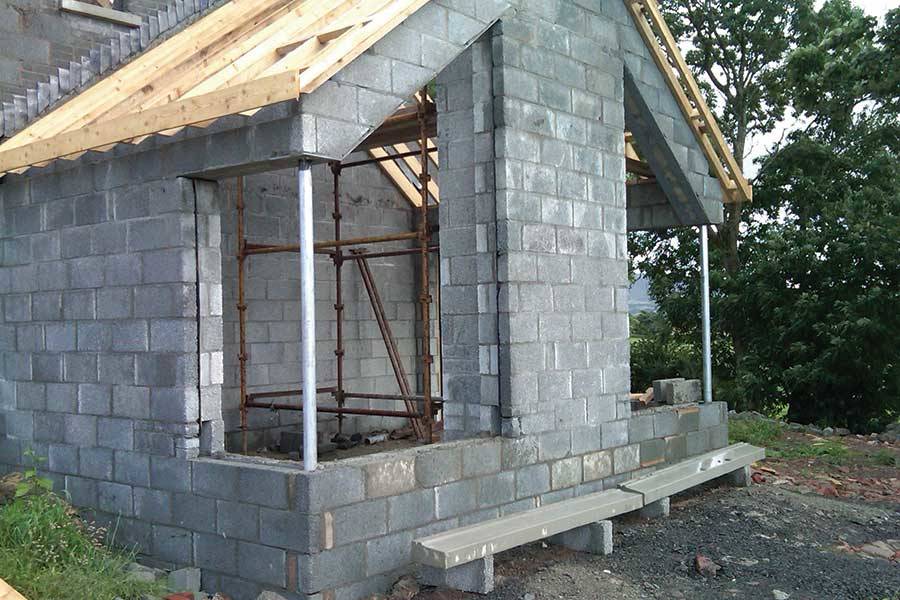
Local council permits and approvals
- Planning Permission details: check that these have been complied with, also anything that might be a problem in the future. Watch out for things like visibility splay requirements.
- Also check what’s happening round about in terms of future development.
- Check for wastewater and sewage permissions.
- Check for necessary road opening licenses, etc.
- Check for agreements regarding connections to the electricity, water and sewage networks where required.
Finishing existing work
- You should have an independent surveyor go over the building, including foundations, before the purchase.
- Get the full working drawings from the builder.
- If first fix electrics has been completed, obtain the name of the contractor and contact them to complete the job as it’s better to get the same person to do the rest of the work. Likewise any plumbing.
- Many builders do not want to take up where someone else has left off and may charge a premium to do so. The best plan is to get one or two builders to quote for the job before signing the purchase agreement.

